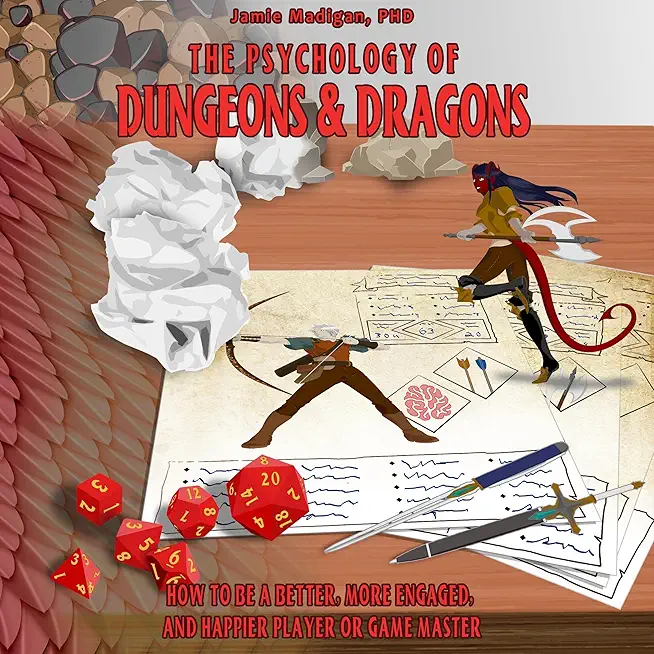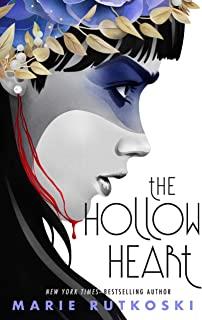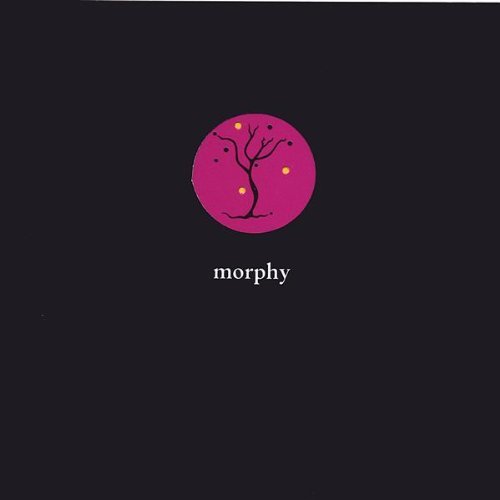
Madigan, Jamie
Dungeons & Dragons is more popular than ever, having outgrown its early years as a hobb to become a cultural touchstone played by millions and streamed to millions more on the internet. Through its many editions, it remains the definitive rules-bound storytelling game where friends role-play characters of their own making and use dice to invoke randomness. Relative to other hobbies, Dungeons & Dragons and similar tabletop role-playing games require more social engagement, more meaningful choices from infinite possibilities, more in-depth use of the imagination to pretend to be someone you're not, and more cooperation.
The Psychology of Dungeons & Dragons, is relevant to players, game masters, and even game designers. It applies decades of established and cutting-edge research to help readers understand how playing the game drives behaviors, shapes play, impacts relationships, and changes players once they put away the dice. Every chapter concludes with specific, practical tips and takeaways for players and game masters to use not only in their games of Dungeons & Dragons but also in any other tabletop role-playing game.
Jamie Madigan is a psychology Ph.D. who has been playing and thinking about Dungeons & Dragons since the 1980s. In this book, he will answer questions like:
- What is it about playing Dungeons & Dragons that uiniquely appeals to our basic psychological needs? What kinds of mental skills are needed to engage in role-playing where players take on the perspective of fictional characters? How do we tend to form superstitions and otherwise think about lucky die rolls like critical hits? What kinds of psychological short-cuts come into play when dealing with the overwhelming number of choices inherent to playing the game?Is playing Dungeons & Dragons online as satisfying and beneficial as playing it in person? What social psychology dynamics are involved when players must cooperate, co-create, and work as a team?How can playing the game help us escape the stress of everyday life and develop useful skills?How are therapists and other mental health experts using role-playing games to help and heal?







